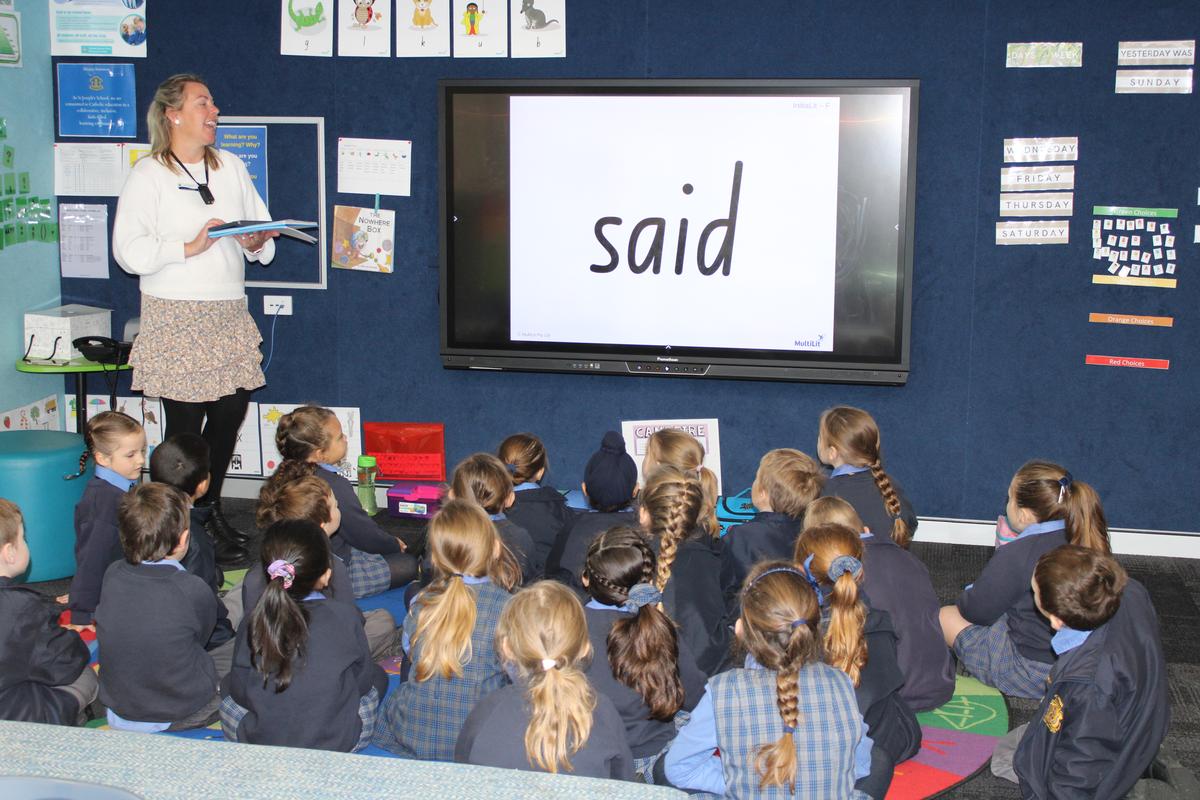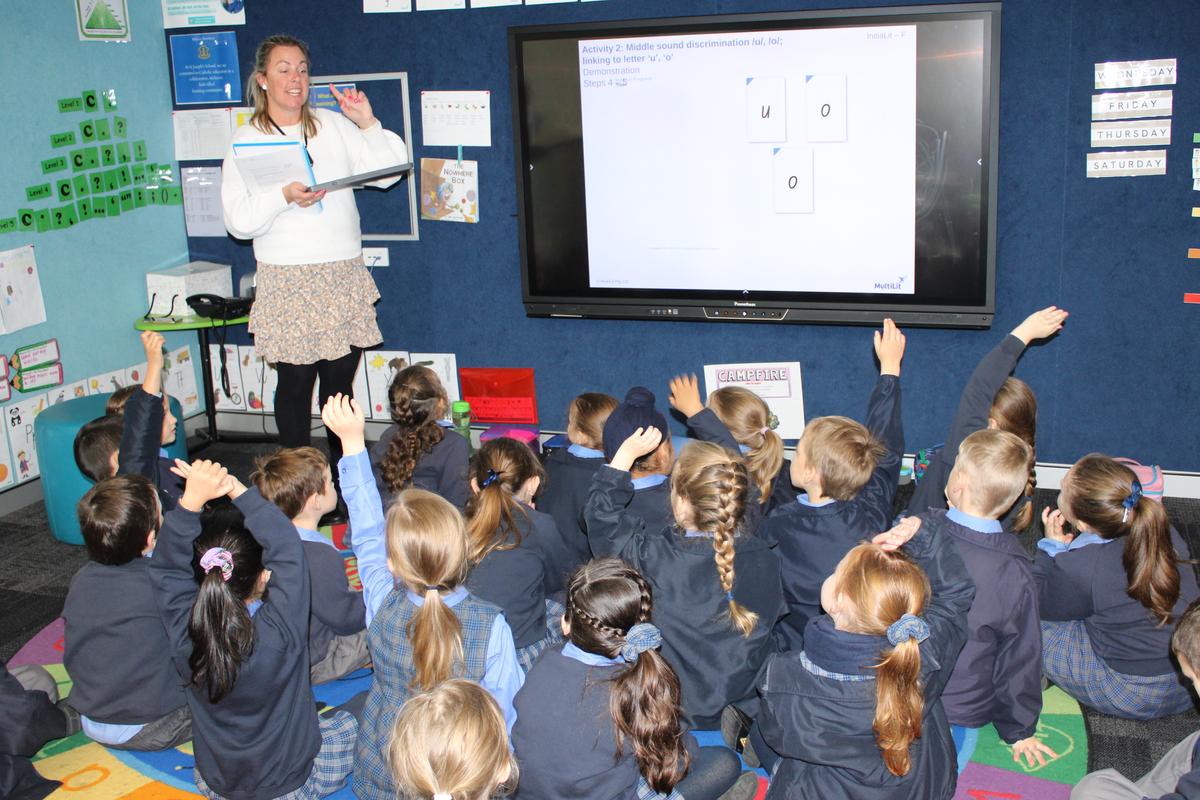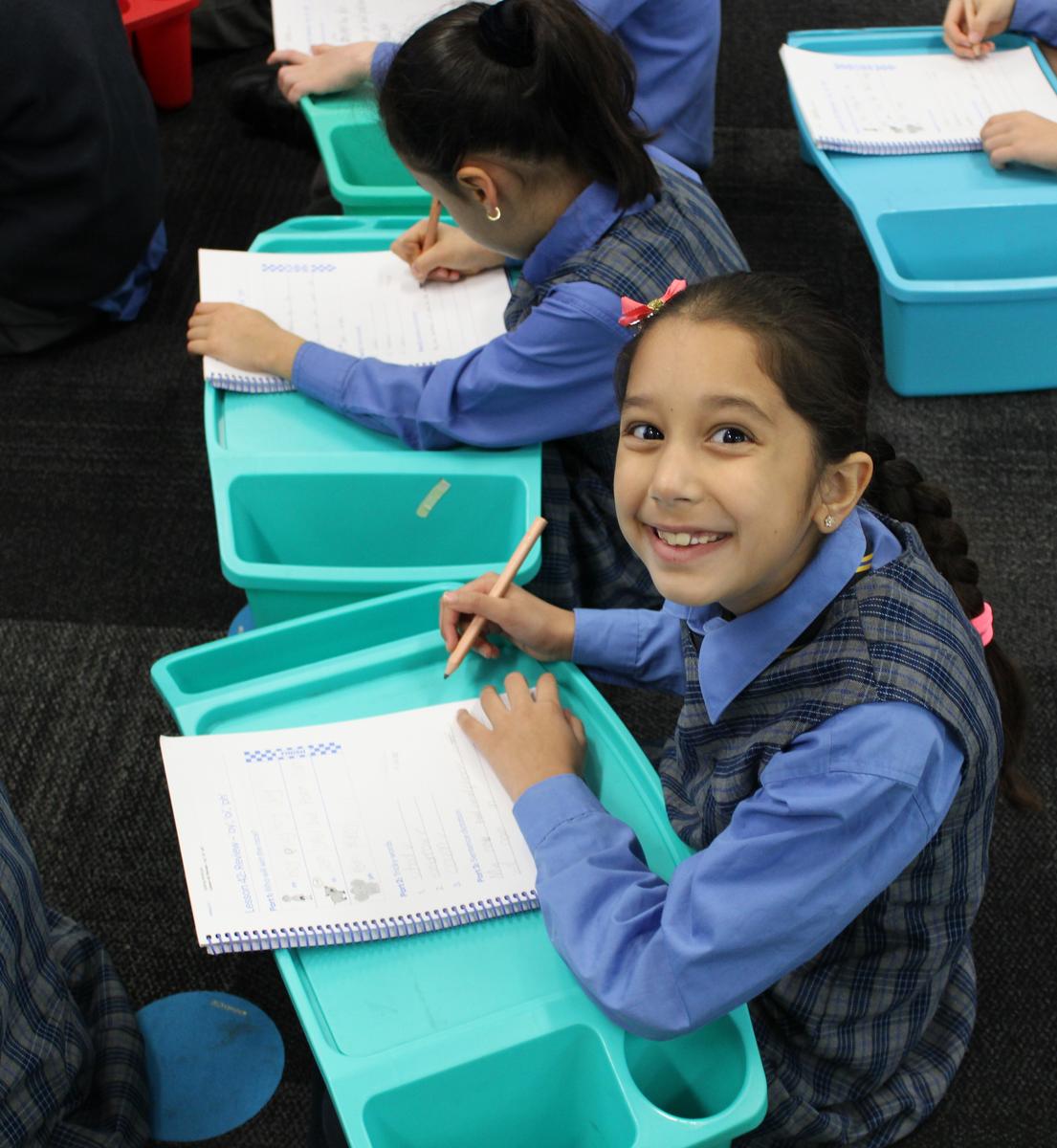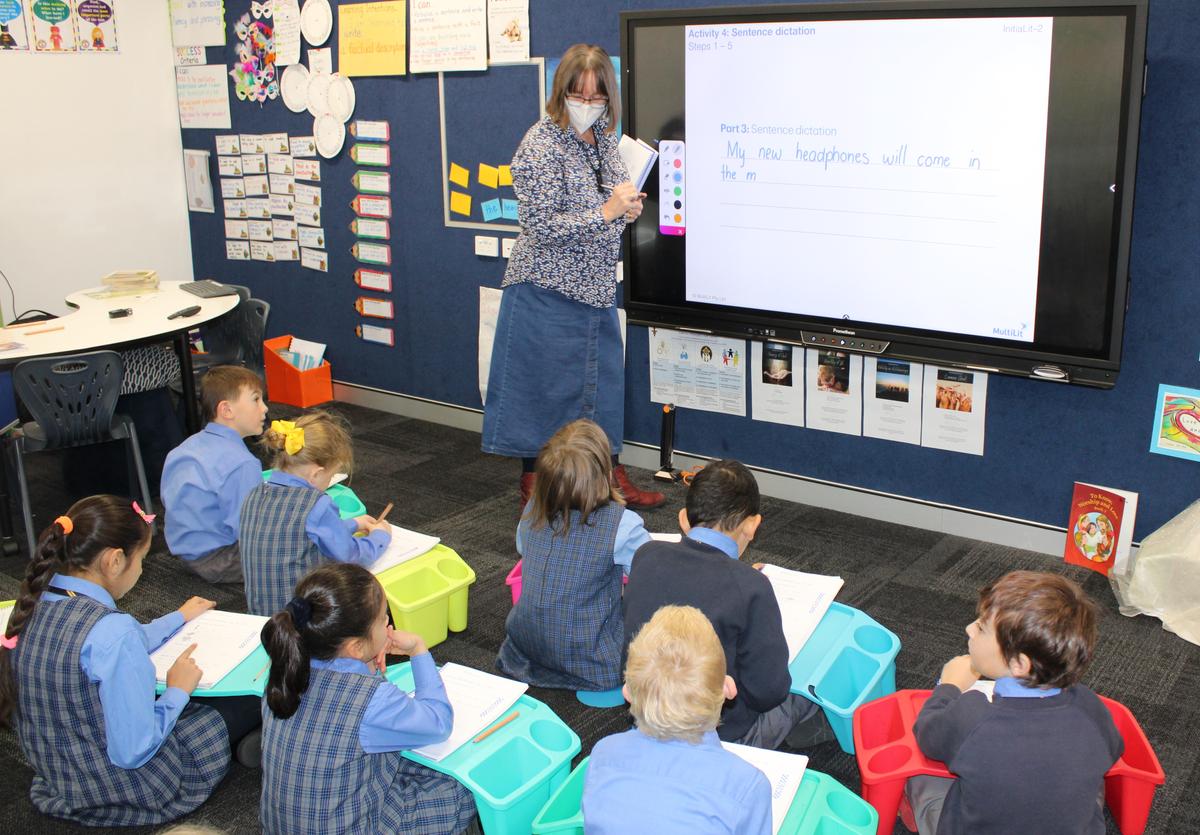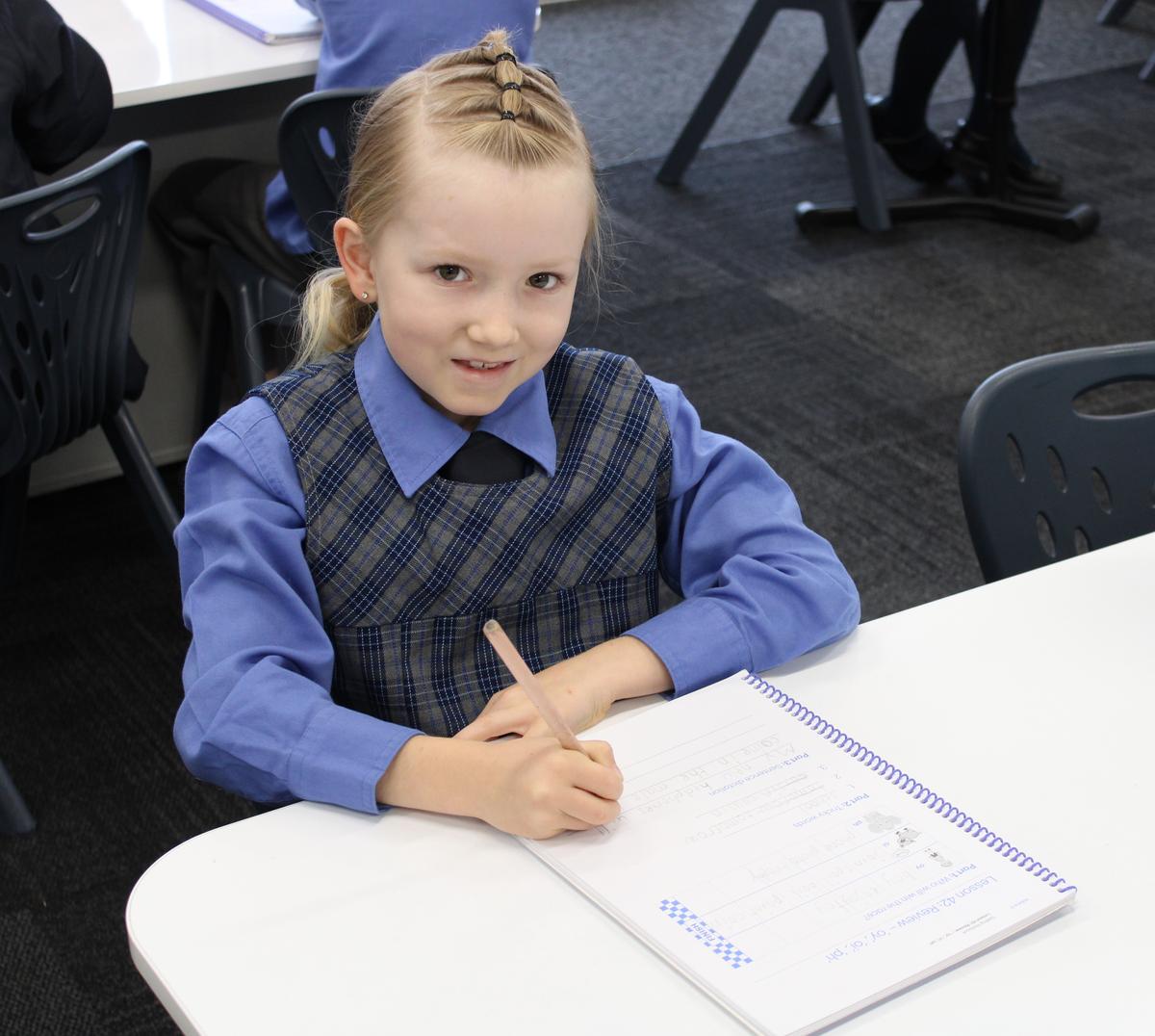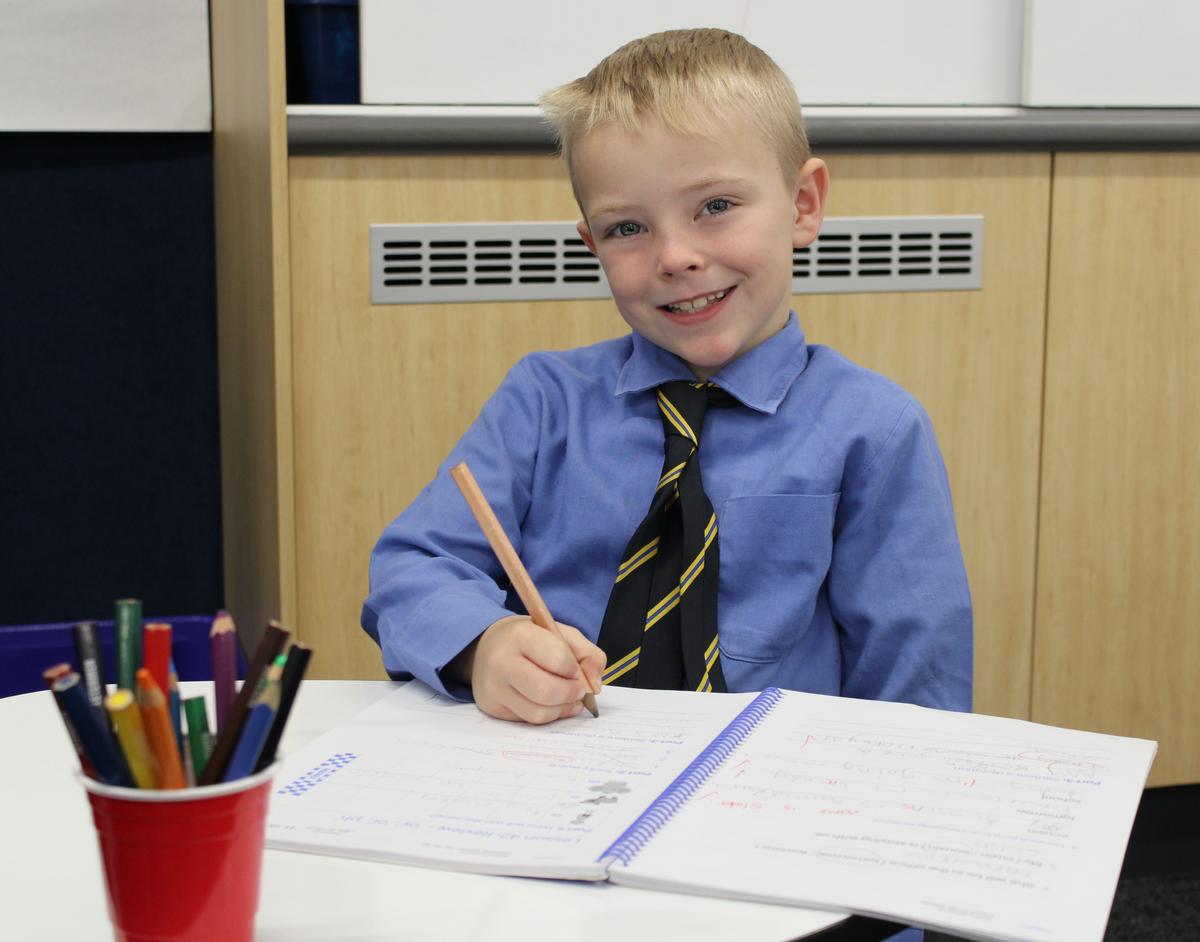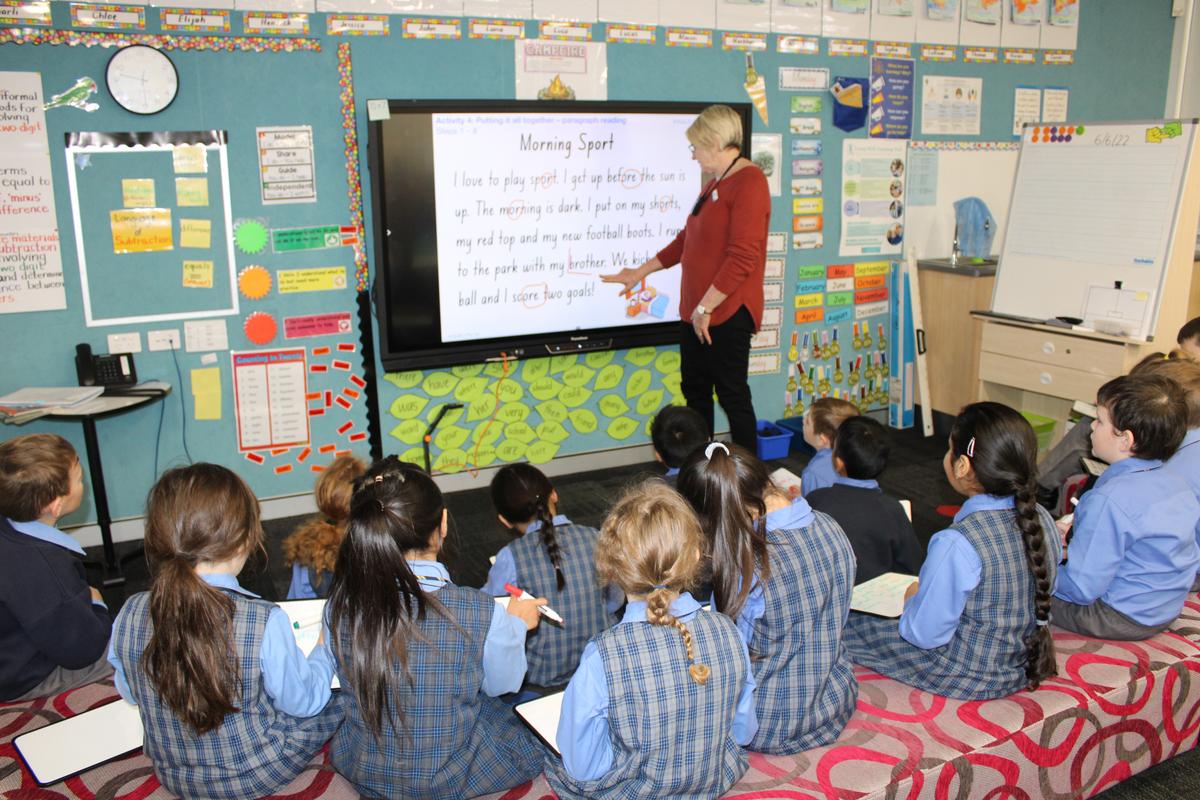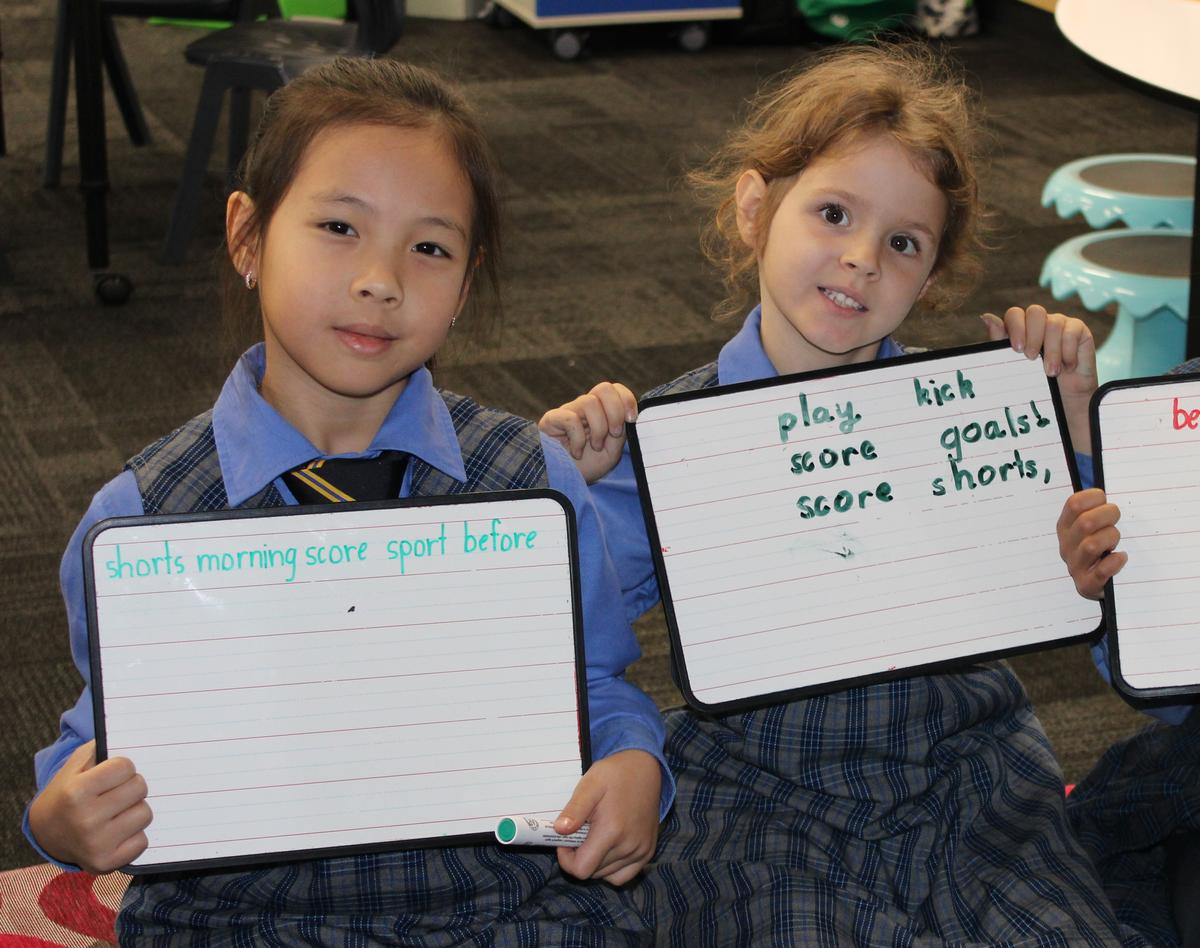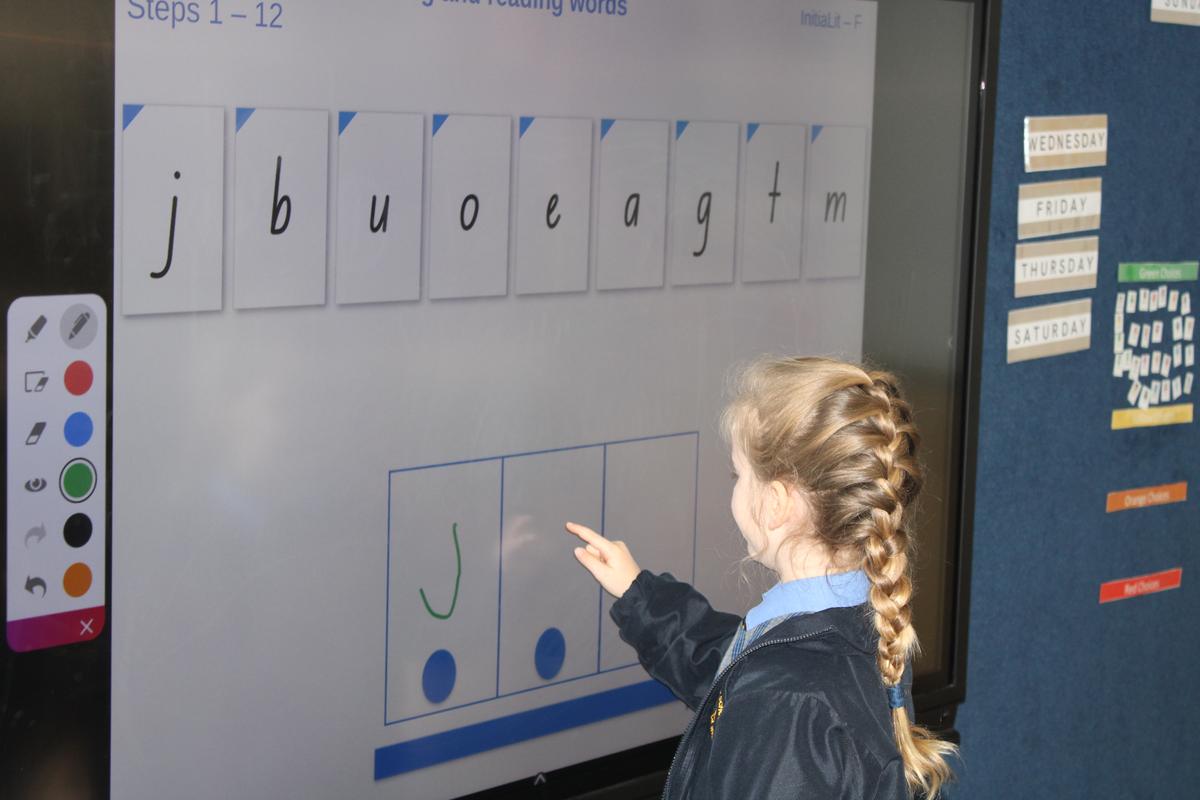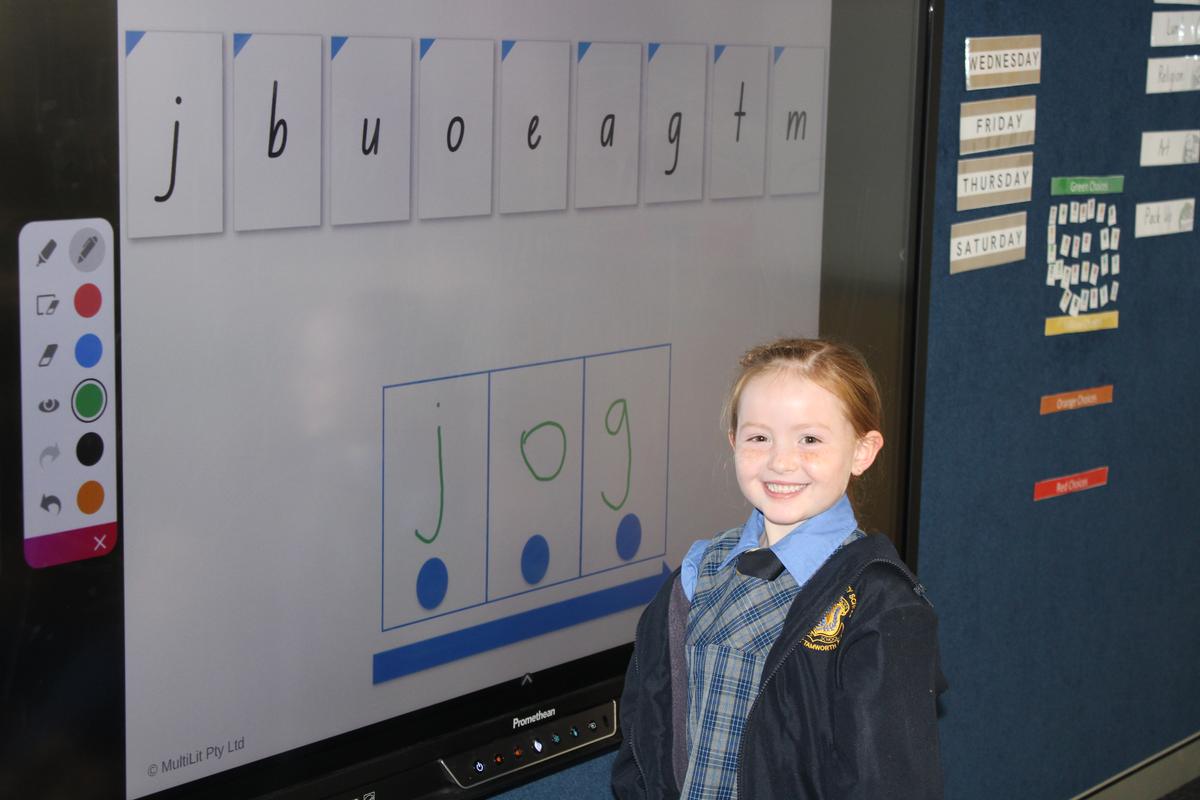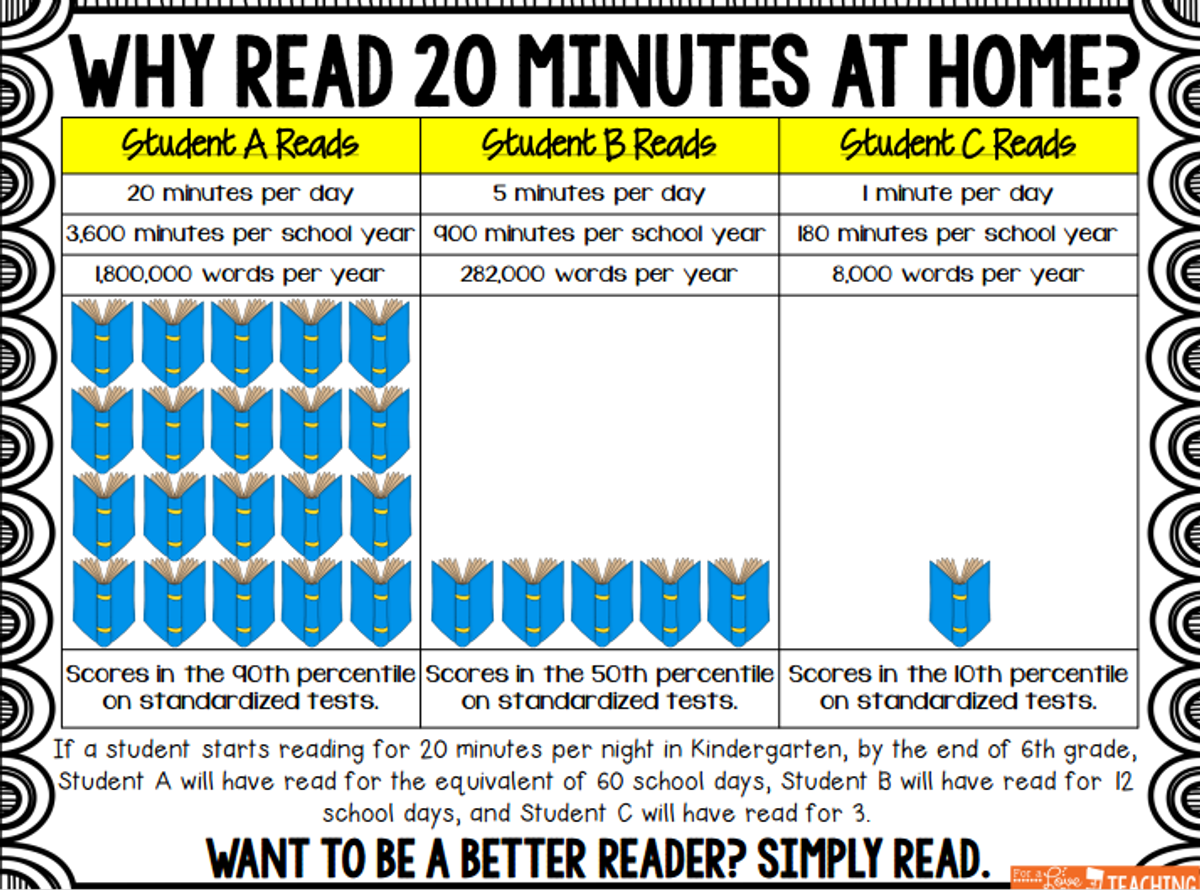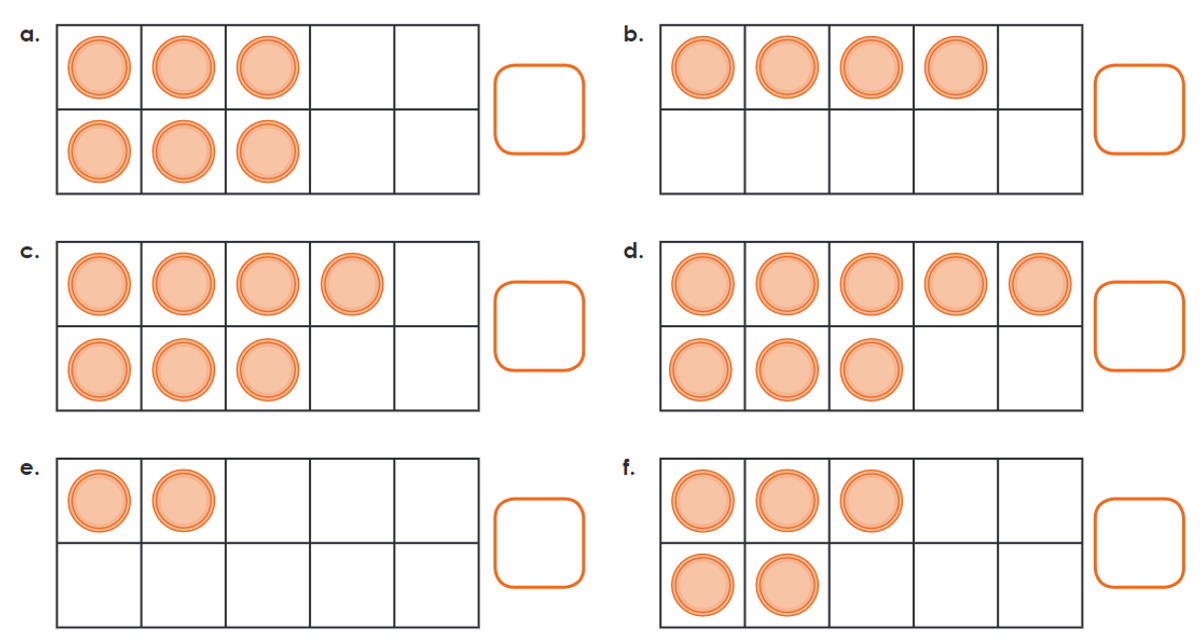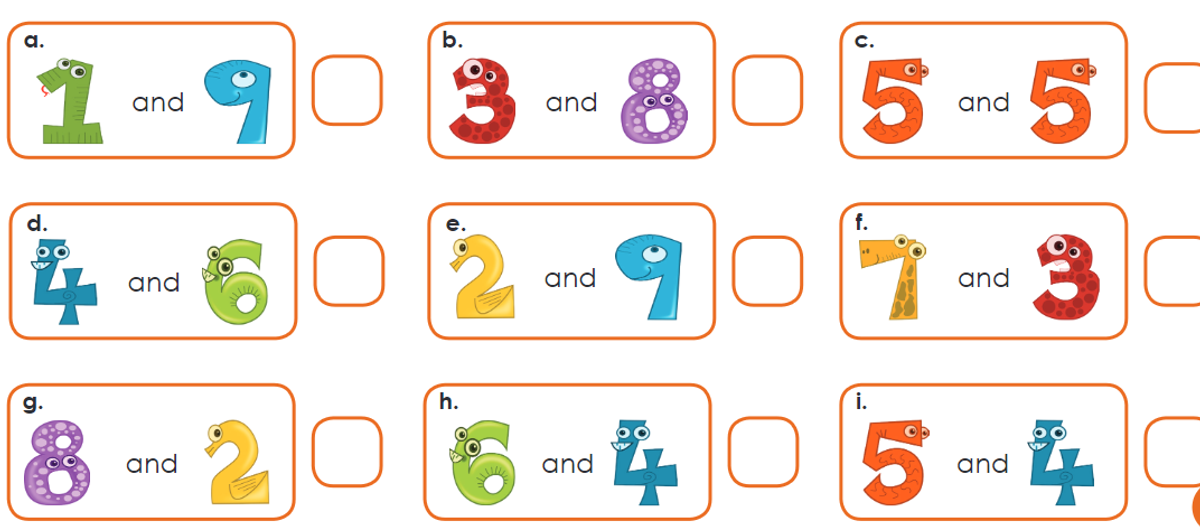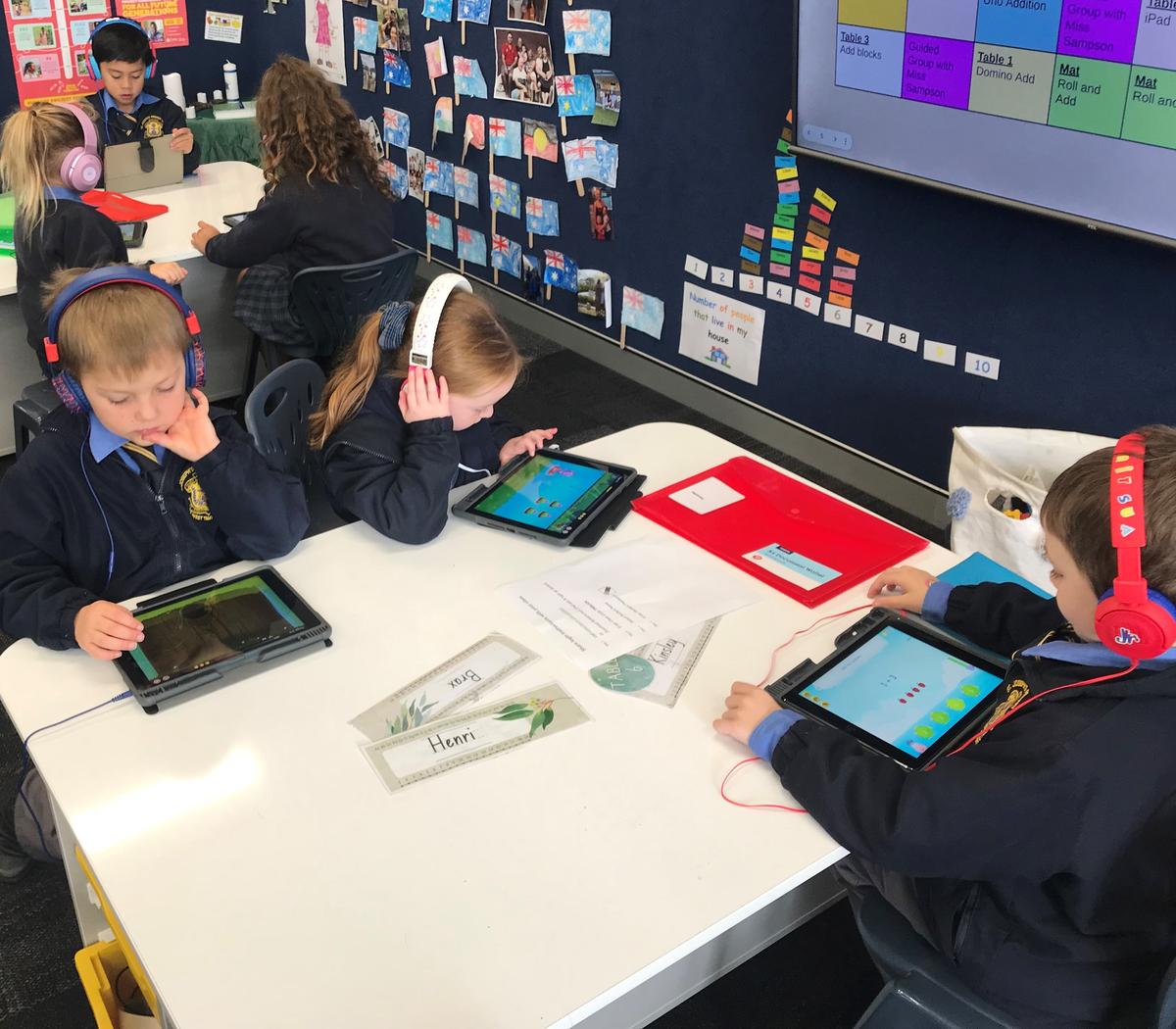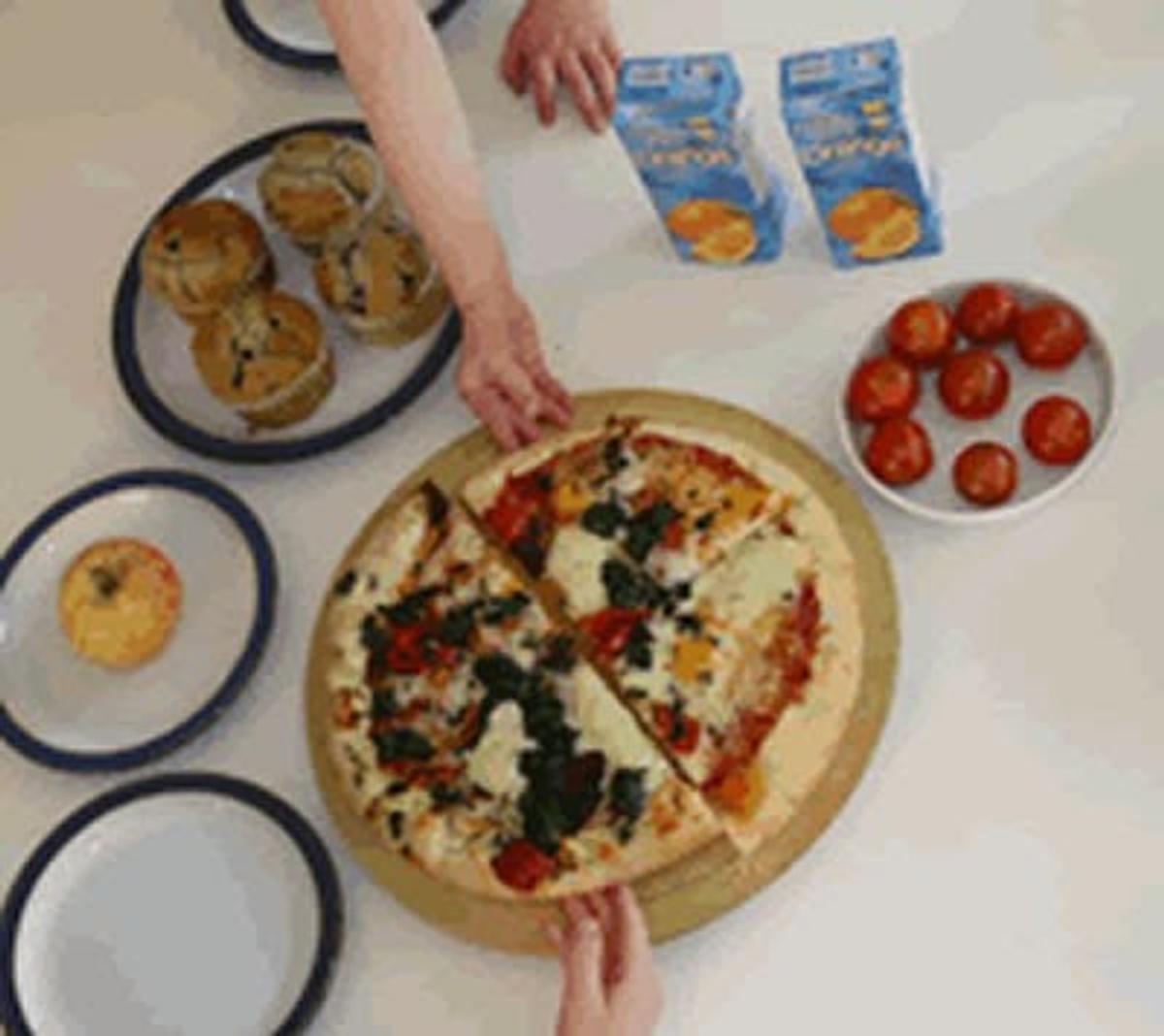The Learning Zone
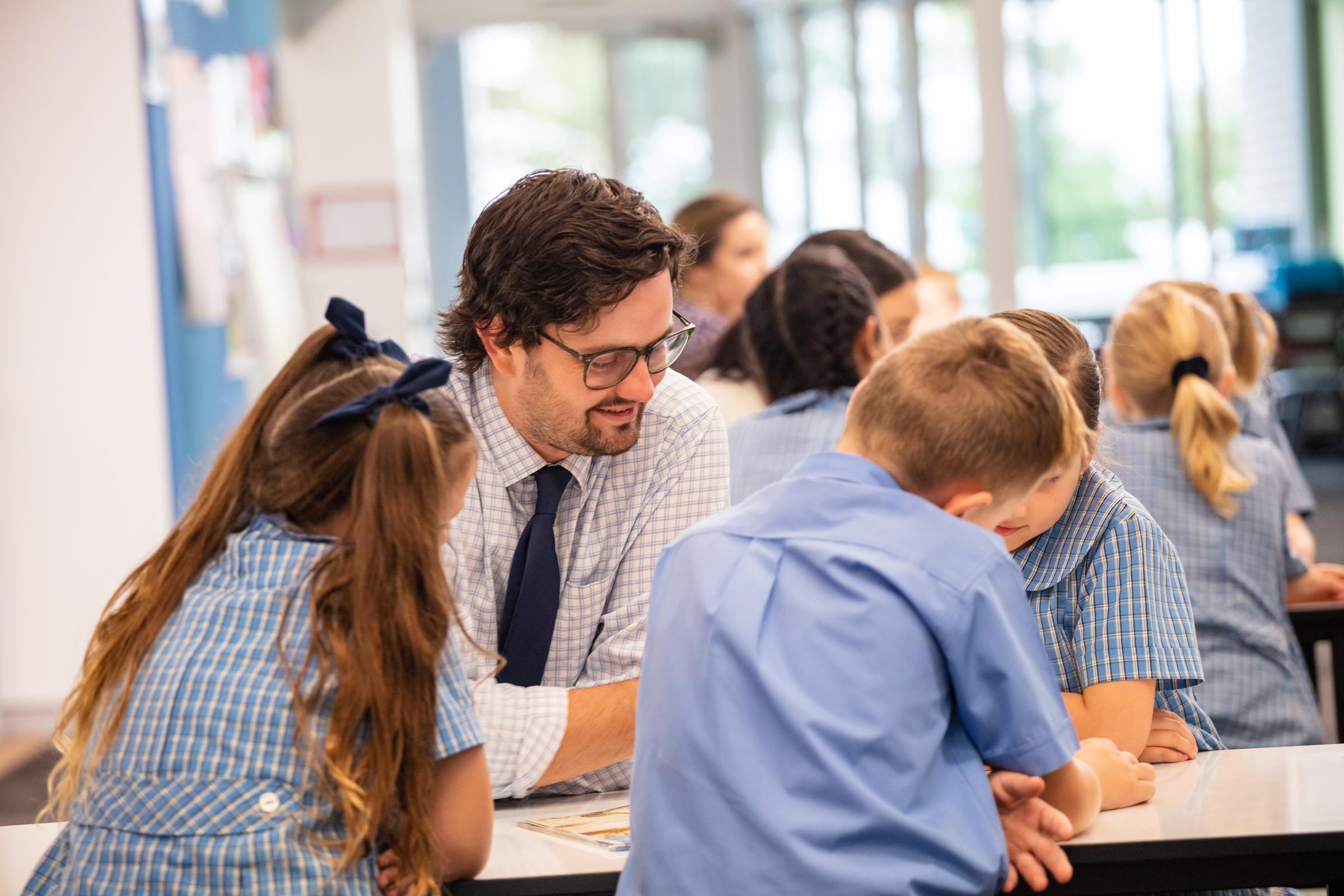
"Education is our passport to the future, for tomorrow belongs to the people who prepare for it today." - Malcom X
Literacy in the Infants Classes
At St Joseph’s, students in Kindergarten, Year 1 and Year 2 students participate in daily ‘InitiaLit’ lessons. InitiaLit is an evidence-based whole-class literacy program that provides all children with the essential core knowledge and builds strong foundations in reading, comprehension, spelling and writing.
InitiaLit is aligned with the Australian National Curriculum and addresses the requirements of the NSW English Syllabus. It teaches phonics alongside rich literature and vocabulary, and ensures thorough and consistent instruction across the infants classes.
Reading At Home
Armidale Diocesan Mathematics Initiative (MaST)
What is happening in the world of mathematics at St Joseph's? Let's take a look!
Please see the information below to assist your child at home.
Maths At Home:
Kindergarten - Addition
Kindergarten are having fun with Addition.
Encourage your child to help you when out shopping by counting and collecting objects to put into the basket, e.g. ‘Can you get 2 apples? (add more) How many do we have altogether?’
Which combinations below make 10? How many more make 10 in each 10 frame?
Addition Activities:
How many fingers do you see?
How many more will make 10?
Then try with beads!
Click on the links below:
Stage 1 - Fractions
After some wonderful and challenging subtration work it's now time time for Fractions for the rest of the term.
When making sandwiches or cutting other foods, talk about how you cut them into halves and/or quarters. Use words such as half, even, equal, parts, quarters, four equal pieces.
Involve your child in sharing with another ensuring that each person has a fair share. Both halves need to be equal.
Fair Feast: Here is a picnic that Mrs Ryan and Mrs Kellow are going to share equally.
Can you tell us what each of them will have?
Stage 2 - Multiplication
Times tables are a brilliant brain-training exercise for students. Good times-tables knowledge is vital for quick mental maths calculations and problem solving, e.g. if a child knows that 6 x 3 = 18 they will be able to work out that 6 x 30 = 180 or 60 x 3 = 180 almost instantly.
Useful items to help your help your child with times tables at home include:
- A stack of coins – at least a dozen each type of coin, and preferably two dozen $2.00, will let you make up a full set of tables to 12x12 for the occasions when your child might need to go back and check by counting. No cost, beyond the time it takes to collect up the change.
- A pack of cards – take out the aces and Kings, count Jack as 11 and Queen as 12, and you can practise the full range of tables by dealing your child two cards and asking them to multiply them.
Stage 3 - Length
Our Stage 3 students will discuss and use appropriate units and devices to measure length and calculate perimeters.
"Coming together is the beginning, staying together is progress,
and working together is success". - Henry Ford
Have a great week of learning and fun!
Maree Holland & Greg O'Toole

